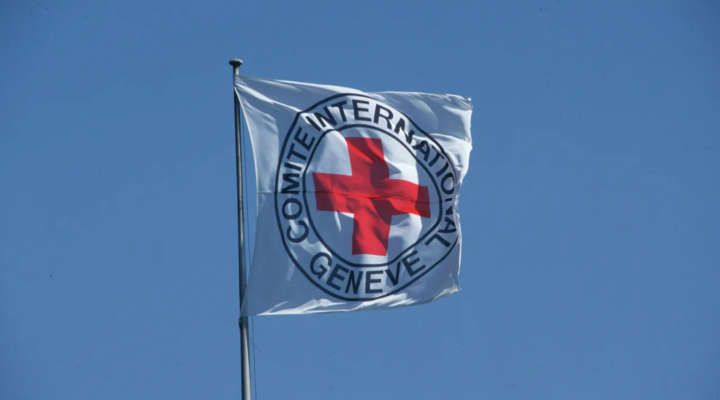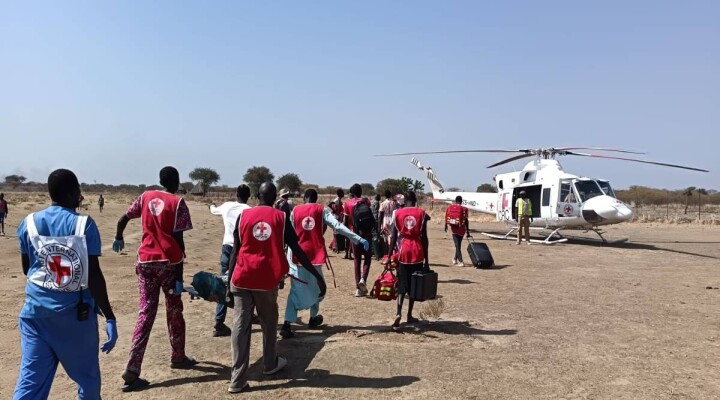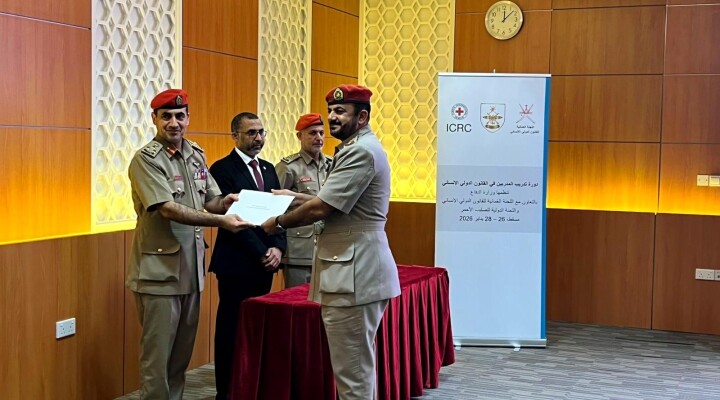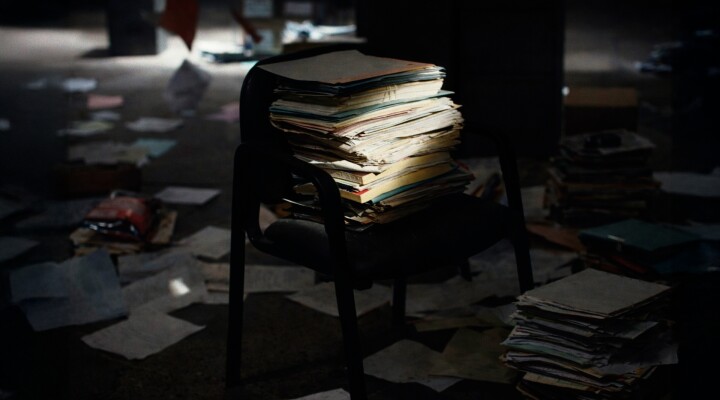In Mozambique, the flood waters caused by Cyclone Idai are, gradually, receding. But as the water level drops, new devastation is revealed.
Hundreds of thousands of people have lost their homes, but many, like 28 year old Joao Filipe Mawane, have also lost family members. Joao’s mother died in the flooding. Now, he just wants to be able to visit her grave, but he cannot. Water is still a barrier, and Joao is not even sure exactly where his mother is buried.
“There is no way to cross to where my mother is buried,” he says. “Up until now, I don’t know exactly where the grave of my mother is, whether it’s here or there.”
Communities in Mozambique have been working hard to bury their dead with dignity and respect. But the destruction of the cyclone uprooted many families. Some may not yet know a family member has actually died. Others do not know how to find the grave site to pay his respects.
The ICRC is supporting flood affected communities to recover bodies, identify them, and bury them in clearly marked graves.
“We’ve had the full range of activities that pertain to management of the dead,” explains ICRC forensic expert Stephen Fonseca.
“We’ve had the opportunity to find human remains and recover them, with the authorities and community.”
“And then we’ve also visited graves, just to get a sense of how the graves are essentially dug, and will those graves be recognisable in a number of years. And so we can offer some technical guidance, we provide equipment, and basic things like spades and hoes, just even {help to} dig a hole. Because it is so difficult out here and many of the communities have lost everything."
It is a difficult task for all concerned. But it is the only way to bring closure to families searching for missing loved ones. Unfortunately, it may be hard to find everyone who has been lost.
“Sadly not all of those cases can be recovered,” explains Stephen Fonseca. “So you know we’ve had a number of different challenges and we’re not successful in every case but we certainly can make an effort to ensure that there is a dignified management of the dead so that families and communities can indeed bury their loved ones.”
No one knows how many people lost their lives in Cyclone Idai. It is possible an exact figure will never be known. But the work now, as well as supporting communities to rebuild, must be to ensure that as many of the dead are found, identified, and their families informed, so that young men like Joao can mourn, and remember, in the way he needs to.
“My mother died right there, and I didn’t even see where my mother was buried,” he says.
“There is no way to get to where they buried my mother. I don’t have anything more.”
“I don’t have a plan. Is there a company that has a boat to come to here? It’s the second time that I have come to Madala.”
For further information please contact:
Tendayi Sengwe, ICRC Mozambique, tel: +258 850 368 582 / +27 66 476 4446
Crystal Ashley Wells, ICRC Nairobi, tel: +258 85 049 7255 / +254 716 897 265
KEY FACTS
· ICRC staff are working with national Red Cross societies in Mozambique, Zimbabwe, and Malawi to set up systems to reconnect separated family members. This includes registering details of people who are missing and offering free phone calls for people to get in touch with their loved ones and let them know they are safe.
· The Restoring Family Links website continues to receive cases of people marking themselves as safe or registering that they are looking for a loved one. As of March 27, approximately 250 people were registered as missing. We expect more cases to be registered in the coming weeks, as our team continues their work to register people without access to internet or mobile network by-hand.
· A forensics specialist is working in remote communities with Mozambican authorities to manage the dead in a dignified way. This includes documenting the dead and creating marked graves in the hope of giving grieving families closure. The ICRC also donated body bags to authorities in Mozambique and Zimbabwe.






